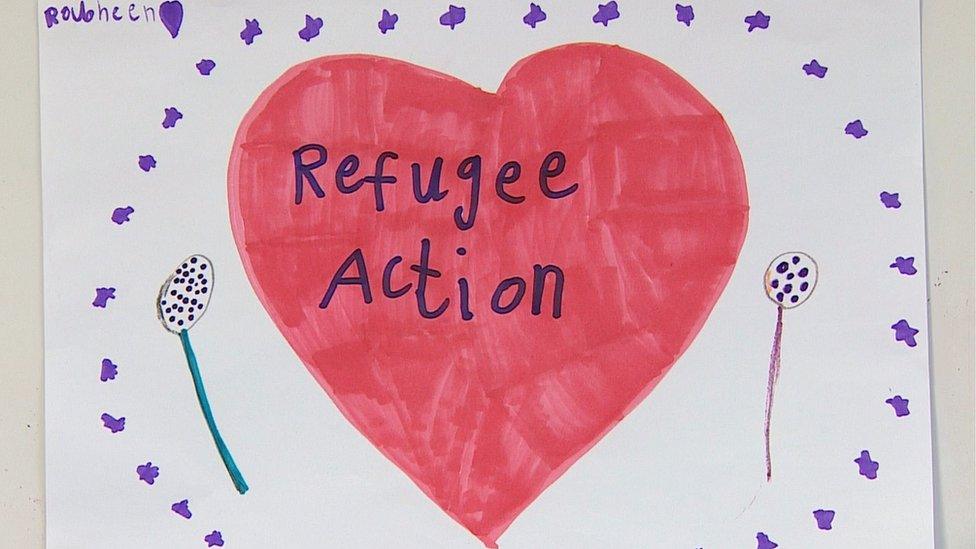Homes for Ukraine: The foster families who have taken in refugees
- Published
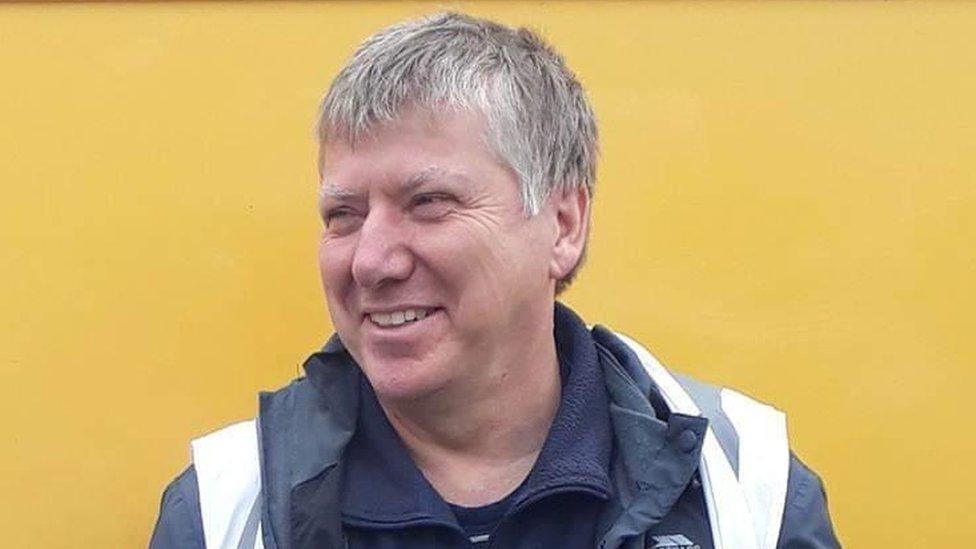
In February 2021, Mr Horner and his partner fostered a 15-year-old Afghan boy and last month he took in another 16-year-old Afghan boy who was a friend of the first child
The government's "Homes for Ukraine" scheme will see people in the UK hosting refugees in their homes for a minimum of six months. But while welcoming the move, some of those who have provided a home to refugees in the past are concerned about whether those arriving will get the support they need.
Fostering refugees has changed Philip Horner's life for the better, he says.
The 58-year-old lives in Brightlingsea in Essex and works part-time as the operations manager for Refugee Action Colchester.
In February 2021, Mr Horner and his partner fostered a 15-year-old Afghan boy and last month he took in another 16-year-old Afghan boy who was a friend of the first child.
"We knew they got on well," he says. "It was always a concern whether living together would cause extra frictions but actually they have rediscovering a childhood that they'd lost.
"They just have a good time. They're both now doing cricket practice in the local town ready for the new season.
"They laugh constantly, one of the nicest things that happened shortly after the first one came is that I could hear him singing.
"He was singing because he was feeling safe."
You might also be interested in:
His first foster child talks to his family in Afghanistan once a week, but the other has had no contact since he left.
Both lived in areas where the Taliban were taking boys of their age to recruit them so their families thought it was the best thing for them to leave.
Mr Horner said the second boy in particular had witnessed severe brutality.
"Both were suffering to varying degrees post-traumatic stress disorder (PTSD)," Mr Horner says.
"Both had sessions with counsellors. And I guess this is one of the concerns about the Ukrainians coming here - whether we will have the capacity to support individuals who need it because it is quite difficult at the moment."
Mr Horner wants to know what support will be available for those women and children who will be suffering trauma.
The government is offering hosts £350, external each month to offer a home to Ukrainian refugees and says councils will get £10,500 for each refugee in its area.
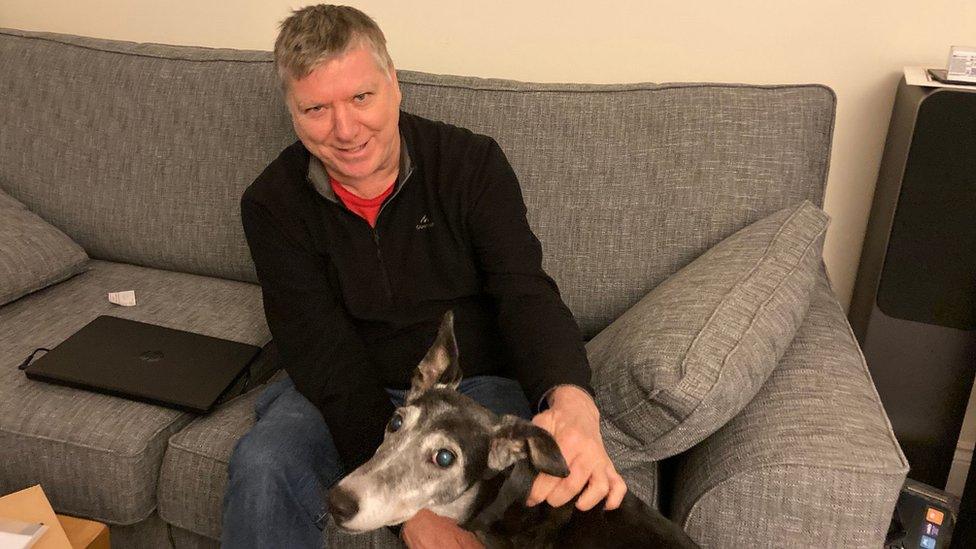
Mr Horner says he is concerned that while the scheme will provide a home for the Ukrainian refugees it might not meet their "other needs".
Mr Horner says he is concerned that while the scheme will provide a home for the Ukrainian refugees it might not meet their "other needs".
The government told the BBC it was working closely with local authorities and says Ukrainians will be able to access healthcare, including mental health support, on the same footing as UK nationals.
The Department for Levelling Up, Communities and Housing says more detailed guidance will be given to sponsors shortly.
Mr Horner says he would like to see support workers attached to each family, in case of problems with hosts or vice versa.
"But I'm not holding my breath on this.
"What worries me is the fact that we still have thousands of Afghan families still in hotels seven months on," he says, "and in theory there have been some organisations that have been supposed to support them into housing, but it's not happened."
"I thought my role was to provide a safe environment, but it has become very much like a full family feeling," he says.
"We go out together, we do things together, we're just aware there's more people in the house in a positive way.
"Things like hearing them laugh, seeing them suddenly do a somersault in the middle of the cricket pitch because they're happy, it's great seeing that happiness."
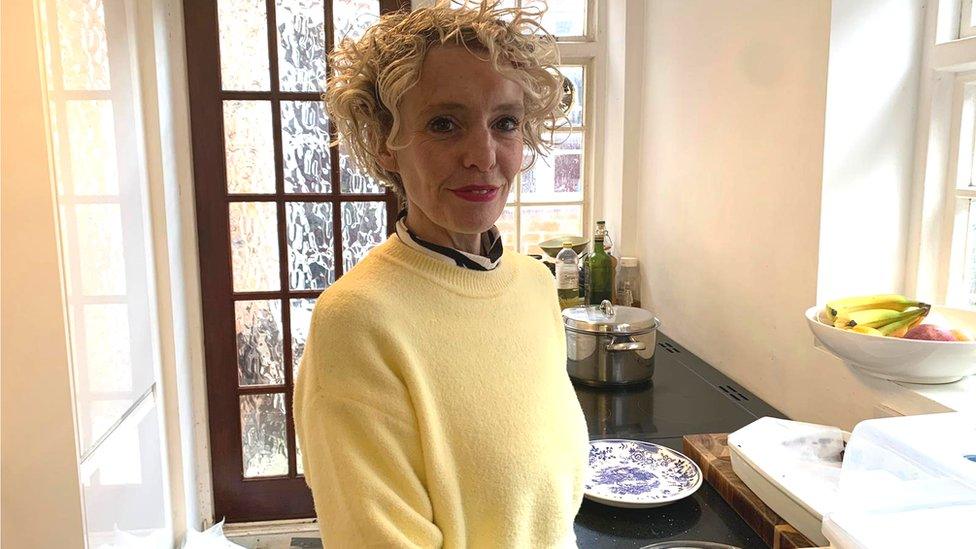
"It is a commitment that certainly my husband and I take seriously," says Lucy Stevens who fostered an Afghan teenager
Lucy Stevens lives near Colchester and works for the Eastern Fostering Service, which covers Essex, Cambridgeshire and Suffolk. She has two children of her own.
Her foster son joined her family from Afghanistan when he was 14 years old. He is now 20 and, although he lives independently nearby, he remains "very much part of our lives", she says.
"I totally think we need to encourage people to take in refugees but I think we need to be be aware that it needs to be a commitment," Mrs Stevens says.
"It is a commitment that certainly my husband and I take seriously although our foster son no longer lives with us he still needs a lot of support in terms of just having someone there to talk about his worries."

War in Ukraine: More coverage

Many refugees, she says, struggle to keep in touch with their families because of a lack of technology or power in their home villages.
Mrs Steven's own foster son gave up trying to stay in touch with his family, she says, and suffers an enormous psychological loss as he "doesn't know if his family are alive or dead".
Recently, her foster son received "miraculous" news after they discovered his older brother, who had left Afghanistan two years before him, was now living in the Midlands.
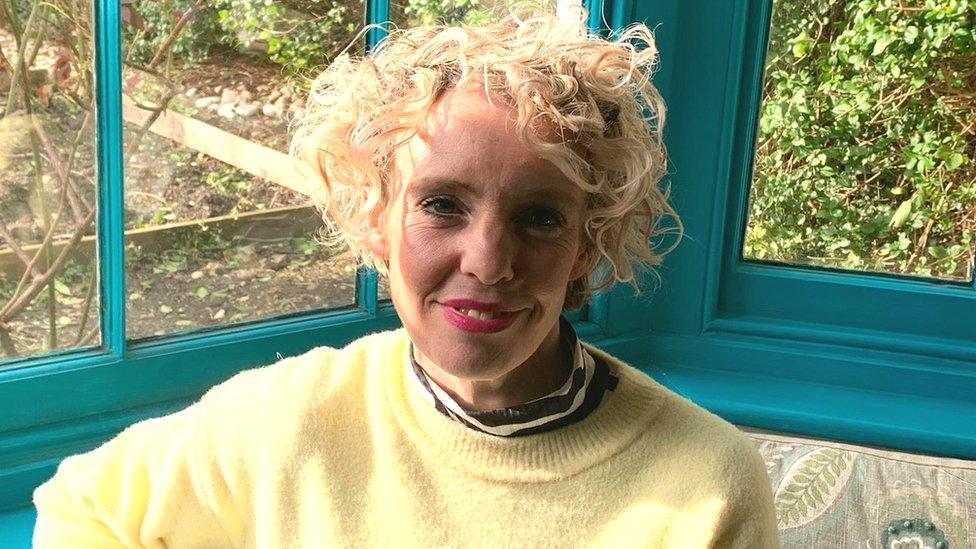
Mrs Stevens welcomes the government's offer to help Ukrainians fleeing the war but wants people to be "prepared for the realities"
The brothers who are both at college are now in frequent telephone contact and support one another.
Mrs Stevens welcomes the government's offer to help Ukrainians fleeing the war but wants people to be "prepared for the realities".
"We all are desperate to help and there'll be many people that could offer amazing opportunities, so I don't want to be negative about the whole thing by any stretch, but people need to be prepared for the realities," she says.
"It is highly likely people will be highly traumatised. Our foster son was highly traumatised and to a degree still is.
"He required a lot of input with regards to mental health. It also has an impact on your own family."
She says her own children needed support to adjust to having another child living with them.
"They've got a fantastic relationship with him," she says. "I know they look back now and they're really glad they have him in their lives.
"But they required support from my husband and I [in] managing the needs of everybody sensitively, compassionately and fully.
While she wants to encourage people to help out Mrs Stevens says it is important for "them to do it with their eyes open and for the government to really support that".
"We need more than a sticking plaster," she says. "These people have lost everything.
"We can meet their practical needs by putting a roof over their heads but let's not ignore their emotional and spiritual needs."
A spokesperson for Colchester Borough Council says it is liaising with Essex County Council and the voluntary sector to "pool our skills and resources to provide the best support we can".

Find BBC News: East of England on Facebook, external, Instagram, external and Twitter, external. If you have a story suggestion email eastofenglandnews@bbc.co.uk, external
- Published14 March 2022
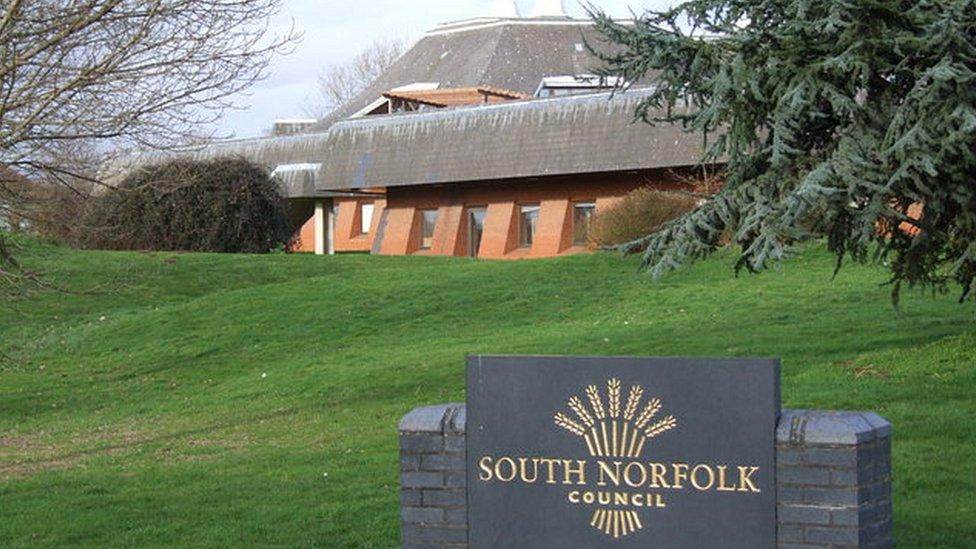
- Published21 July 2022
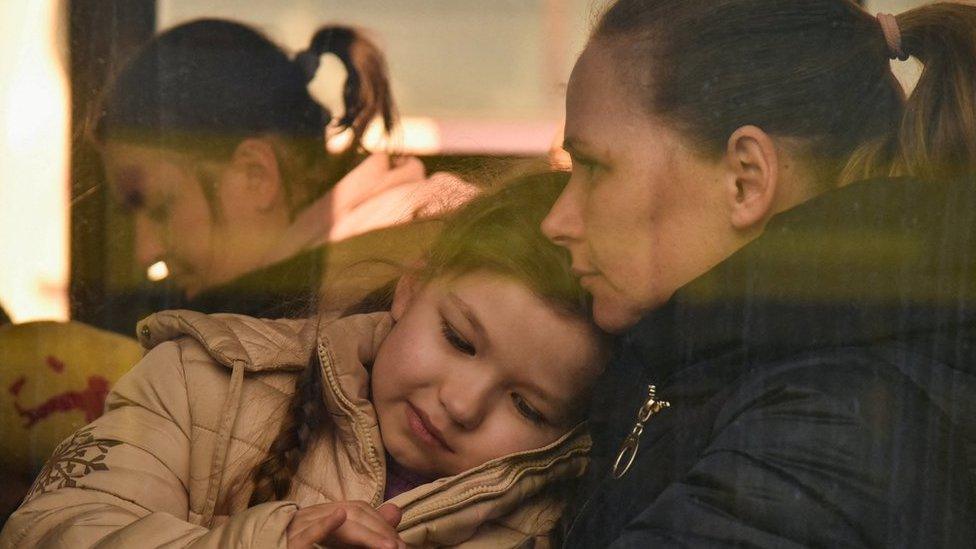
- Published13 March 2022
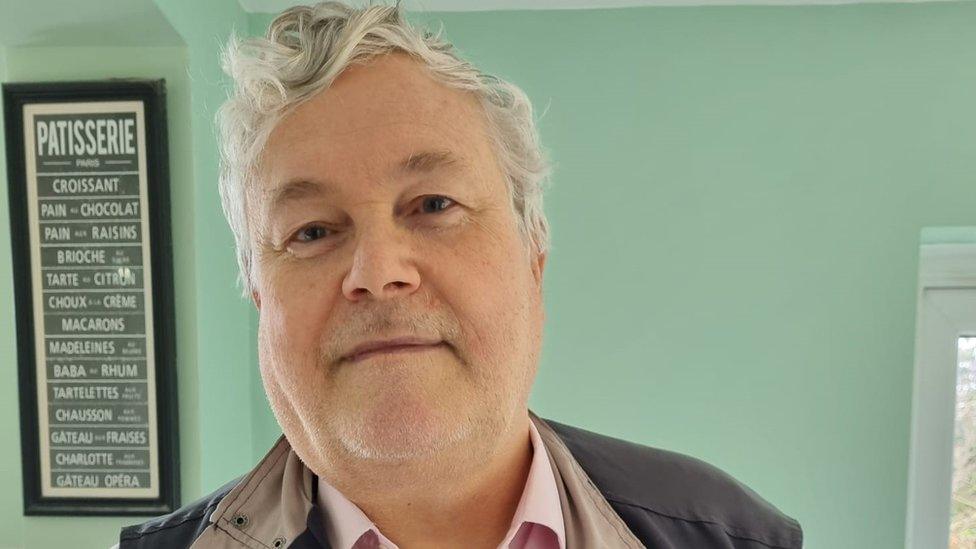
- Published12 March 2022
